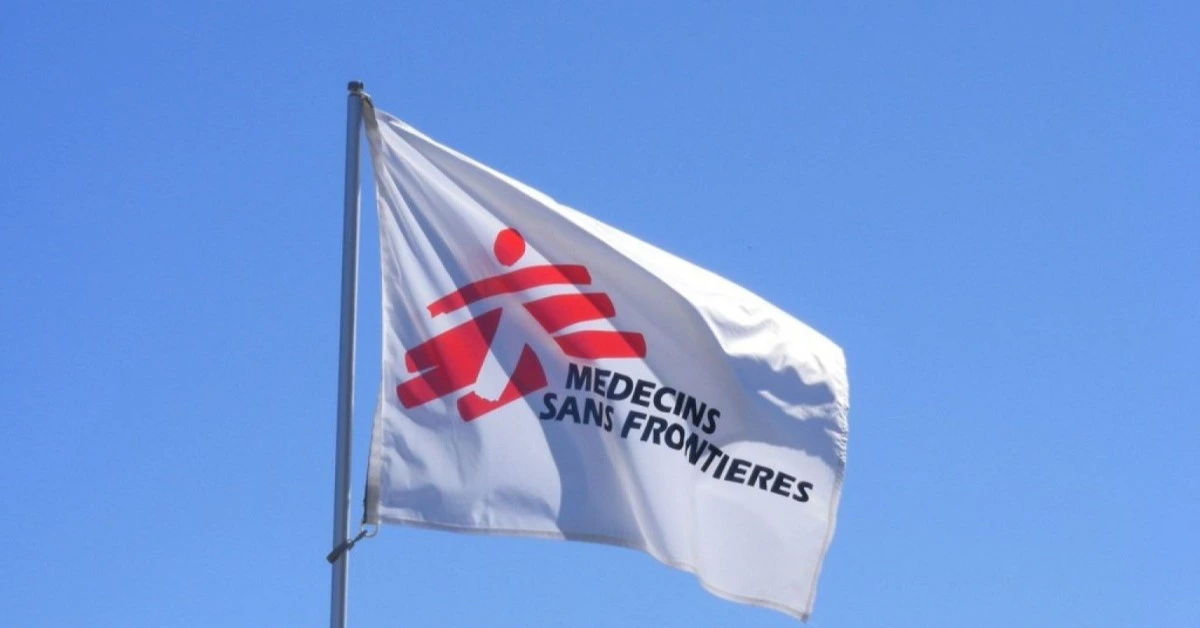
SOMALIA – Médecins Sans Frontières (MSF) has launched a bold step toward sustainable healthcare in Somalia with the upgrade of a solar energy system at Mudug Regional Hospital in Galkayo.
The project, part of MSF’s Green Power for Health initiative introduced in October 2024, aims to reduce the hospital’s reliance on diesel fuel while ensuring uninterrupted medical care, even during climate-induced emergencies.
Before the solar upgrade, hospital wards supported by MSF ran mostly on diesel generators, consuming large amounts of fuel every month.
This not only created high running costs and environmental pollution but also went against MSF’s global goal to cut its carbon emissions by 50% by 2030, based on 2019 levels.
Now, with a modernized hybrid solar setup rated at 60kW/30kW, the hospital benefits from clean, stable energy.
The system includes extra solar panels, modern inverters, and real-time monitoring tools that let staff track energy usage and performance.
These digital features help prevent equipment breakdowns and support long-term maintenance—making healthcare services more reliable and environmentally friendly.
According to Mohsin Rafiq, MSF’s Project Coordinator in Mudug, the move toward solar energy is not just about saving costs—it’s about saving lives.
“The climate crisis isn’t just about the environment. It directly affects people’s health, especially in vulnerable regions like Mudug,” he said.
“With this solar initiative, we’re cutting emissions and making sure healthcare continues even during climate emergencies.”
Somalia is among the countries most at risk from climate change, according to the United Nations Development Programme (UNDP).
The country continues to face frequent droughts, flooding, and rising temperatures, which have led to outbreaks of diseases like cholera and malaria, and rising levels of malnutrition.
These conditions place enormous pressure on health facilities to maintain stable services, even when energy access is unreliable.
MSF’s Green Power for Health initiative is part of a broader effort to embed environmental responsibility into its humanitarian work.
By switching from diesel to solar, MSF is building more resilient health systems that can keep running during crises.
The solar setup in Galkayo powers critical functions, including lighting, vaccine and medicine refrigeration, and life-saving medical equipment.
The success of the Galkayo project is expected to serve as a model for other parts of Somalia, where healthcare needs often collide with energy insecurity and climate shocks.
For communities already burdened by conflict, displacement, and poor infrastructure, dependable solar power offers a practical way to keep hospitals running and patients safe.
This project also reflects a growing trend among humanitarian groups to combine climate adaptation with healthcare delivery.
In fragile settings where fuel is expensive or hard to find, renewable energy not only cuts emissions but also improves operations.
XRP HEALTHCARE L.L.C | License Number: 2312867.01 | Dubai | © Copyright 2025 | All Rights Reserved